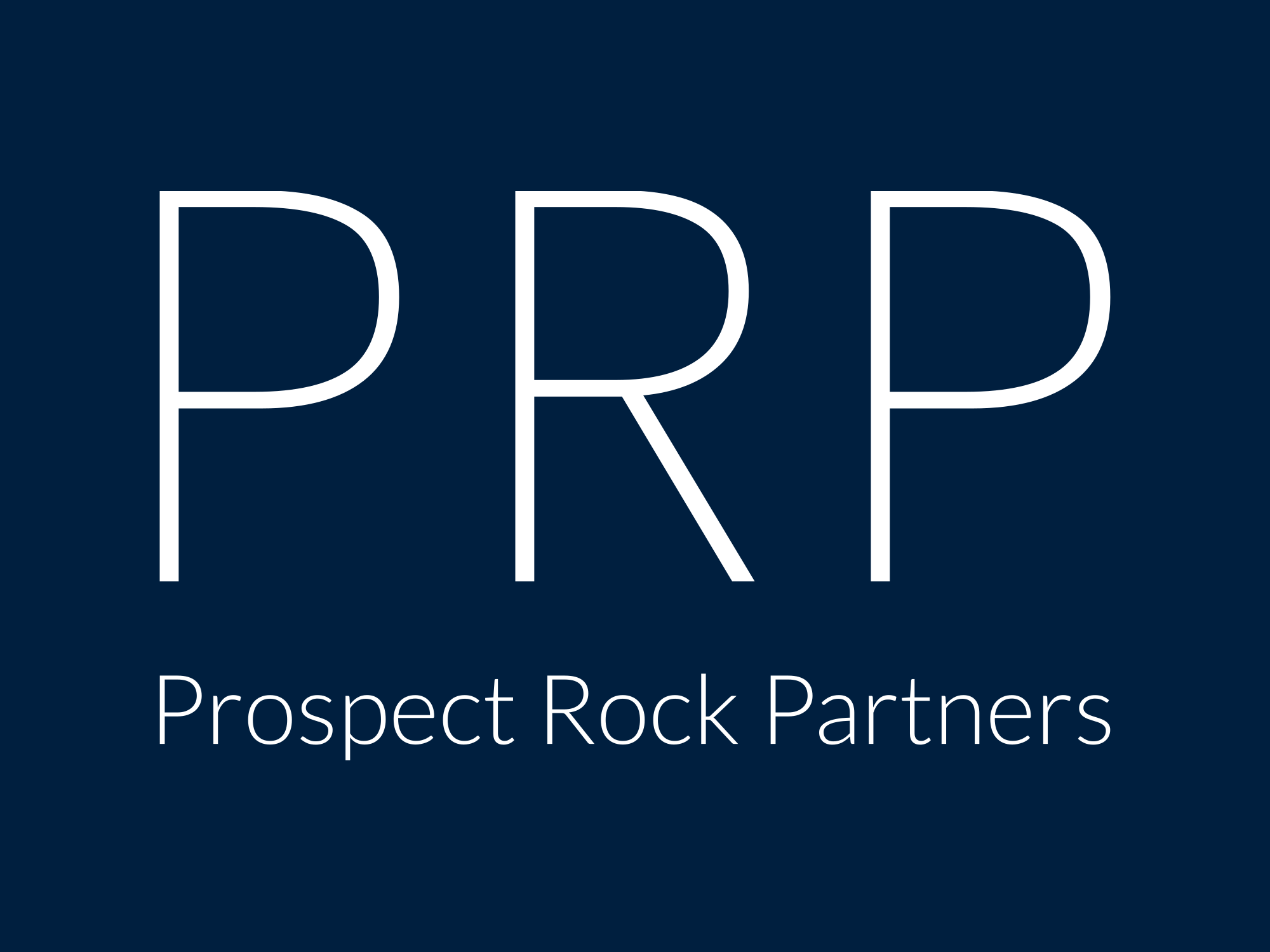The world of private equity is vast and complex, but when it comes to headhunting, it’s controlled by a select few. In the United States, the epicenter of private equity mega funds and upper middle market firms, the headhunting landscape is dominated by a surprisingly small number of firms.
The Big Players in Private Equity Headhunting
Almost 100% of >$1B private equity funds are represented by roughly ten headhunting firms. The business is top-heavy, with the majority of large cap clients being represented by the top four firms. If you’re aiming for a position in a mega fund, these are the firms you need to impress:
Nailing your interviews with these headhunters is crucial, as there’s a very slim margin for error.
Other Notable Headhunters
While the top four dominate the large cap space, there are other significant players in the industry:
- Dynamics Search Partners (particularly strong for hedge funds)
- Gold Coast Search Partners
- Oxbridge Group
- Carter Pierce (with a focus on the west coast)
- Bellcast
- SG Partners
- SearchOne
- GoBuyside
Most of these firms, while notable, represent only 2 or 3 large cap clients at most.
The Structure of a Headhunting Firm
Headhunting firms operate similarly to investment banks. They’re commission-driven, with junior headhunters focusing on execution and senior headhunters working to acquire new clients. Given the low capital requirements and the people-oriented nature of the business, it’s common for senior headhunters to branch out and start their own firms. Recent examples include Ratio Advisors spinning out of Amity Search Partners and Gold Coast Search Partners spinning out of CPI.
What to Consider When Interacting with Headhunters
Headhunters play a pivotal role in the private equity recruiting process. Here are some key considerations to keep in mind:
Compensation Structure: Headhunters earn a commission based on placements, often amounting to 20-30% of a candidate’s annual salary. This can sometimes lead them to prioritize their interests over yours.
Screening Power: Headhunters have the authority to filter out candidates. It’s crucial to take their interviews seriously, as a poor impression can hinder your chances in the recruitment process.
Long-lasting Impressions: The limited number of headhunting firms means that your interactions with them can have long-term implications. It’s essential to manage your communication carefully and ensure you leave a positive impression.
Conclusion
The private equity headhunting landscape, while dominated by a few, plays a crucial role in shaping the industry’s recruitment process. Whether you’re a candidate looking to break into the world of private equity or a firm seeking top talent, understanding the dynamics of this space is essential. Remember, in the world of private equity headhunting, every interaction counts.



